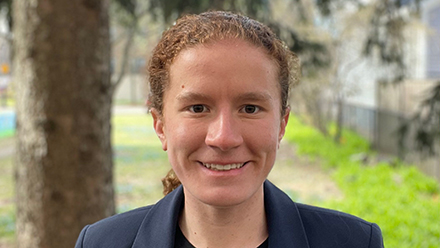Programs Overview / Cooperative Education (Co-op)History of the Co-op Program at McCormick
During the 1930's, Walter P. Murphy, a leading Chicago industrialist, gave Northwestern $36,000,000 to fund a school of engineering and to require cooperative engineering education as a pedagogical experiment. Having collaborated with Dr. Charles Kettering, the premier technologist and inventor of the time, as well as Chief Research Engineer for General Motors, and Dr. Herman Schneider, the “Father of Cooperative Education” and one of the most innovative engineering educators of the time as well as the Dean of Engineering at the University of Cincinnati, Mr. Murphy became convinced that cooperative education was a “superior form of engineering education.”
Dr. Walter Dill Scott, president of Northwestern University at the time of Mr. Murphy’s gift, stated in his biography of Mr. Murphy that "any one of these three [Murphy, Kettering, Schneider] might have been the first to recognize that industry furnishes a training laboratory for engineers which no college can equal. Actually, Herman Schneider was the first to make this idea the basis of engineering education. Charles Kettering was the first to make it respected by the industrial leaders in America. Walter Murphy was the first, and only, individual to be willing and able to subsidize a conclusive experiment in cooperative education.... As a result, the Murphy gift was the largest contribution ever made by any one person in America to a single institution in support of training and research in one field of learning" (Scott, 1952, p. 92).
Since 1940, Northwestern University has continuously maintained a co-op program to serve students and employers. Today our alumni are CEOs, presidents, and senior executives in a broad variety of industry sectors.
At Northwestern, co-op is an educational program, not a “job” program. It allows undergraduate students in engineering to alternate periods of academic study with full-time periods of paid work experience related to their academic and professional goals.

